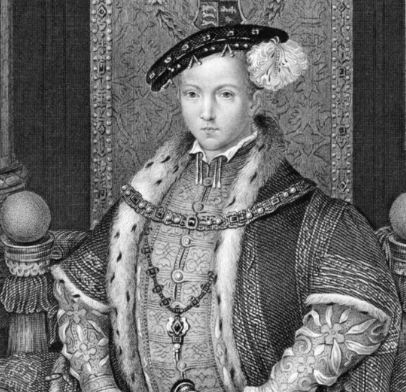During the Ming Dynasty, a group of predators dominated by Japanese pirates emerged in China's coastal areas, who were known as "Wokou". These pirates ravaged the coast, bringing great trouble to the Ming Dynasty. So, is it because the combat effectiveness of the Wokou is too strong, or has the combat effectiveness of the Ming army declined?

First, we need to understand the reasons why the Wokou were able to run wild. The organizational structure of the Wokou is loose, and most of its members are wandering samurai and pirates. They are familiar with naval operations, act quickly and are difficult to track. Their tactic is usually to quickly land and rob, and then quickly withdraw. This hit-and-run tactic left the regular army of the Ming Dynasty unprepared. In addition, the Ming Dynasty's early maritime embargo policy weakened the defense forces in coastal areas, allowing the Wokou to seize the opportunity.
However, this does not mean that the combat effectiveness of the Ming army has essentially declined. In fact, the army of the early Ming Dynasty showed remarkable combat effectiveness in many battles against the Wokou. For example, the famous general Qi Jiguang achieved remarkable achievements in the struggle against the Wokou. He recruited and trained an elite force - the "Qi Family Army". This army adopted a series of innovative tactics and weapons, effectively fighting against the Wokou.
The problem lies in the fact that the military system and cultural environment of the Ming Dynasty have, to some extent, affected the combat effectiveness of the army. The Ming Dynasty implemented a hereditary military household system, which led to many untrained and inexperienced soldiers in the army. Coupled with bureaucratic corruption and the rigidity of the military command system, the Ming army often reacted slowly in actual combat, making it difficult to effectively respond to flexible and mobile enemies.
In summary, the reason why the Wokou were able to run wild during the Ming Dynasty was both due to their own reasons and related to some problems with the Ming army. The combat methods and organizational structure of the Wokou gave them a certain advantage under the conditions of that time, while the Ming army, although demonstrating strong combat effectiveness under the leadership of individual generals, was constrained by institutional and cultural factors on the whole. This confrontation was not only a military contest, but also a collision of two different organizational and tactical ideas.
Disclaimer: The above content is sourced from the internet and the copyright belongs to the original author. If there is any infringement of your original copyright, please inform us and we will delete the relevant content as soon as possible.































